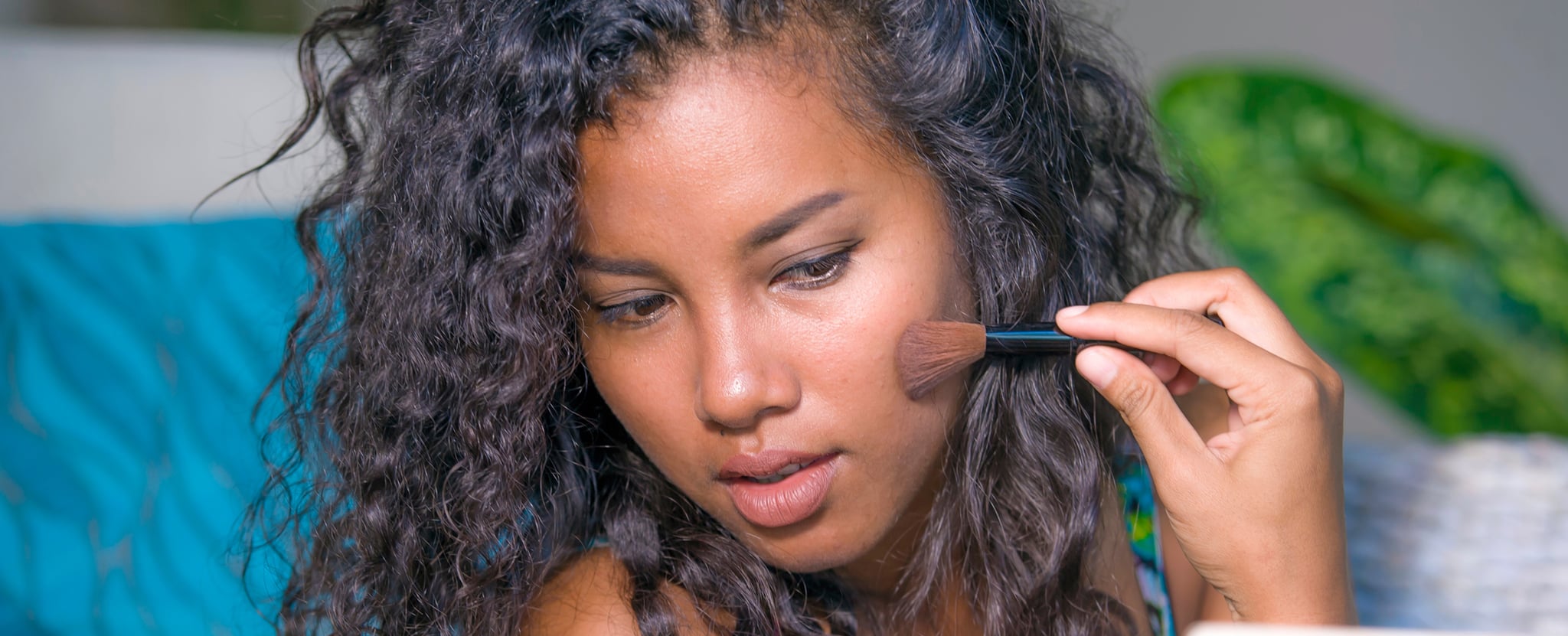
How to Manage Your Moderate Acne, Clear Skin Tips
How to Help Manage Your Acne Like a Pro: 7 Tips For Treating Spots Now

Struggling with acne can be one of the most frustrating experiences for anyone — no matter their age — but there's something extra defeating about dealing with moderate adult acne that just won't quit. Luckily, we're here to help, offering some of the top tips to managing your acne.
While not every tip may work for you, whatever you choose to try and incorporate into your daily routine should be as consistent as possible; this is the only way to see results! Ahead, how to achieve the clear-skin goals you've been looking for.
Be Conscious About Your Sugar Intake

It was only a few years ago that the general population began rethinking the relationship between certain foods and acne severity with some experts suggesting that a high-glycemic diet may contribute to the development of spots. Why? Foods with high glycemic indexes are digested quickly and cause a substantial increase in blood sugar, which can potentially trigger increased inflammation and sebum production in your body. The combination of the two could lead to spots surfacing. This isn't to say you need be obsessive about cutting out sugar completely, but there may be some benefits to taking a closer look at your current diet and its glycemic index.
Avoid Pore-Clogging Makeup and Skin-Care Products
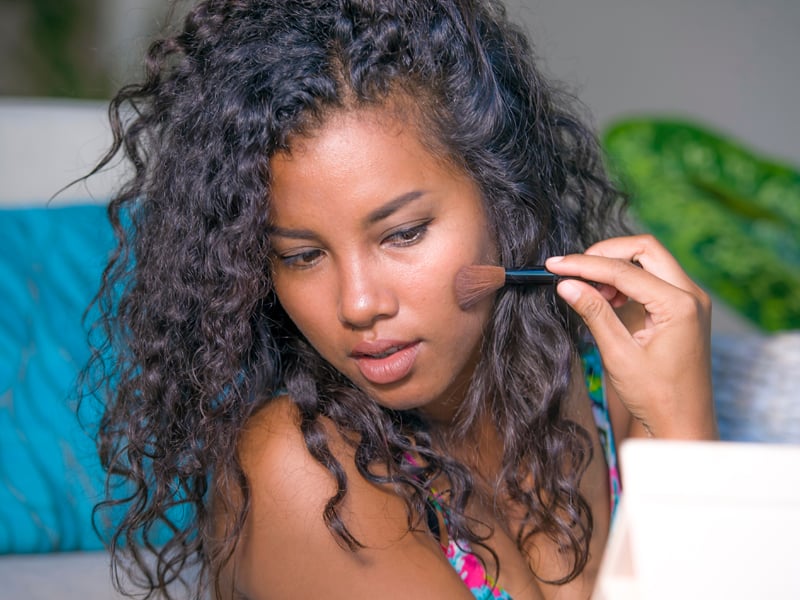
It's hard to believe your current beauty routine may be contributing to your breakouts, but if your favourite skin-care products and makeup essentials contain pore-clogging ingredients, it may be. This isn't to say that oil will always break you out, but some oils, like mineral oils or synthetic oils, are comedogenic and may cause worsened breakouts. Luckily, finding oil-free and noncomedogenic products is as easy as taking a look at your product labels and ingredient lists.
In case you find out that your entire routine has to be overhauled immediately, consider asking for help on your hunt for acne-friendly products through the Boots 1:1 beauty consultation service. Not only will you have a private and friendly consultation about your current concerns, but you'll also get some top-tier product recommendations you’ll want to try ASAP. All it takes is one 15-minute online appointment where a Boots beauty consultant will help cater to your personal routine needs — whether you're looking for skin-care, makeup, or self-care products or all three.
Never Go to Bed With Makeup On
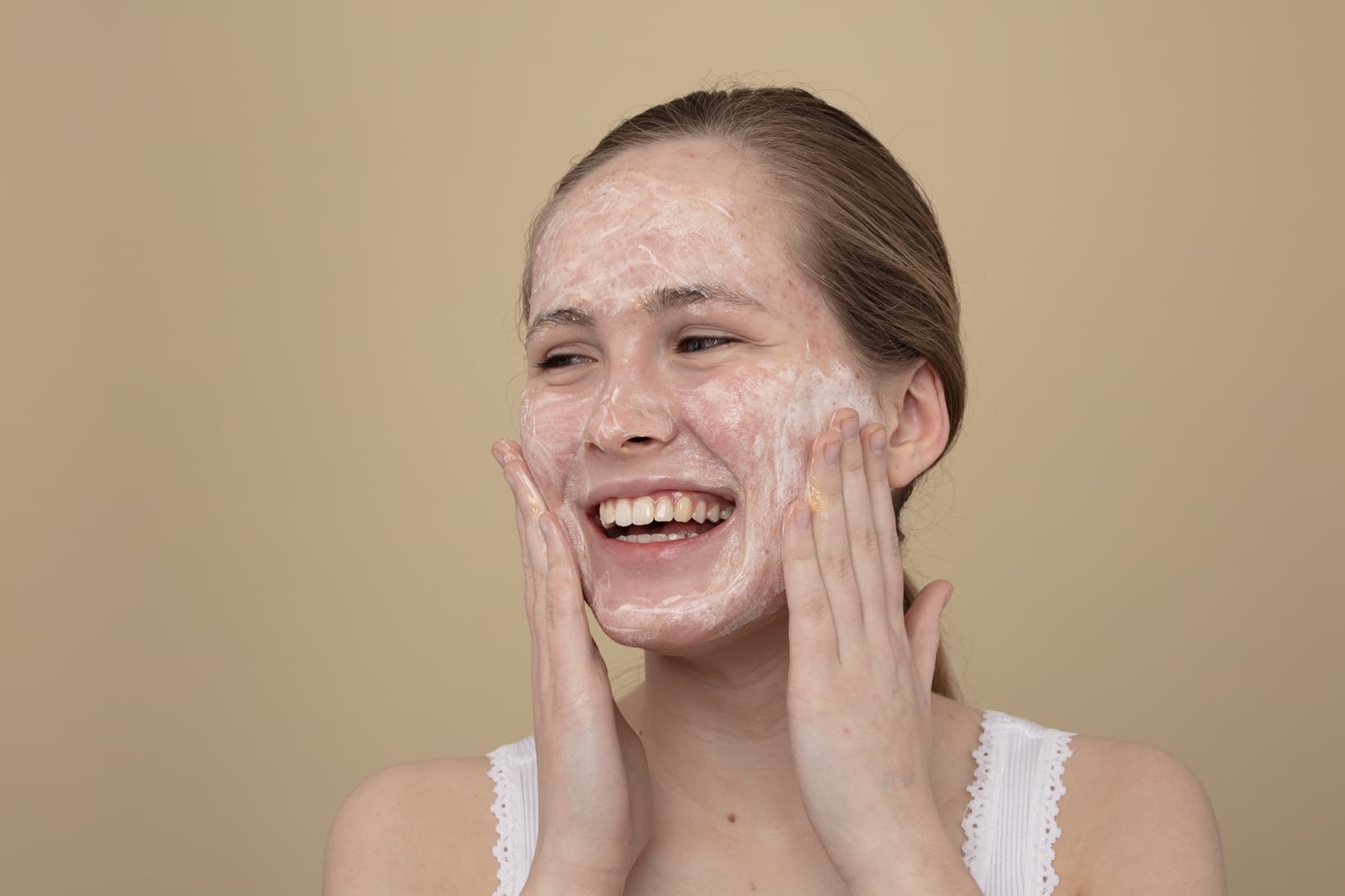
Anyone who has fallen asleep in their makeup knows it's one of the biggest skin mistakes they can make. Makeup can trap dirt and oil on your skin, leading to clogged pores and spots. An occasional slip-up shouldn't cause long-term damage, but a habitual lack of nighttime cleansing may lead to the formation of a microcomedone, which can attract acne-causing bacteria.
No two skin-care routines are identical, but a large number of people benefit from cleansing at least once in the morning and once in the evening to clear out clogged pores. Before applying any acne treatments, be sure your skin is clean and dry.
Regularly Clean Your Pillowcases
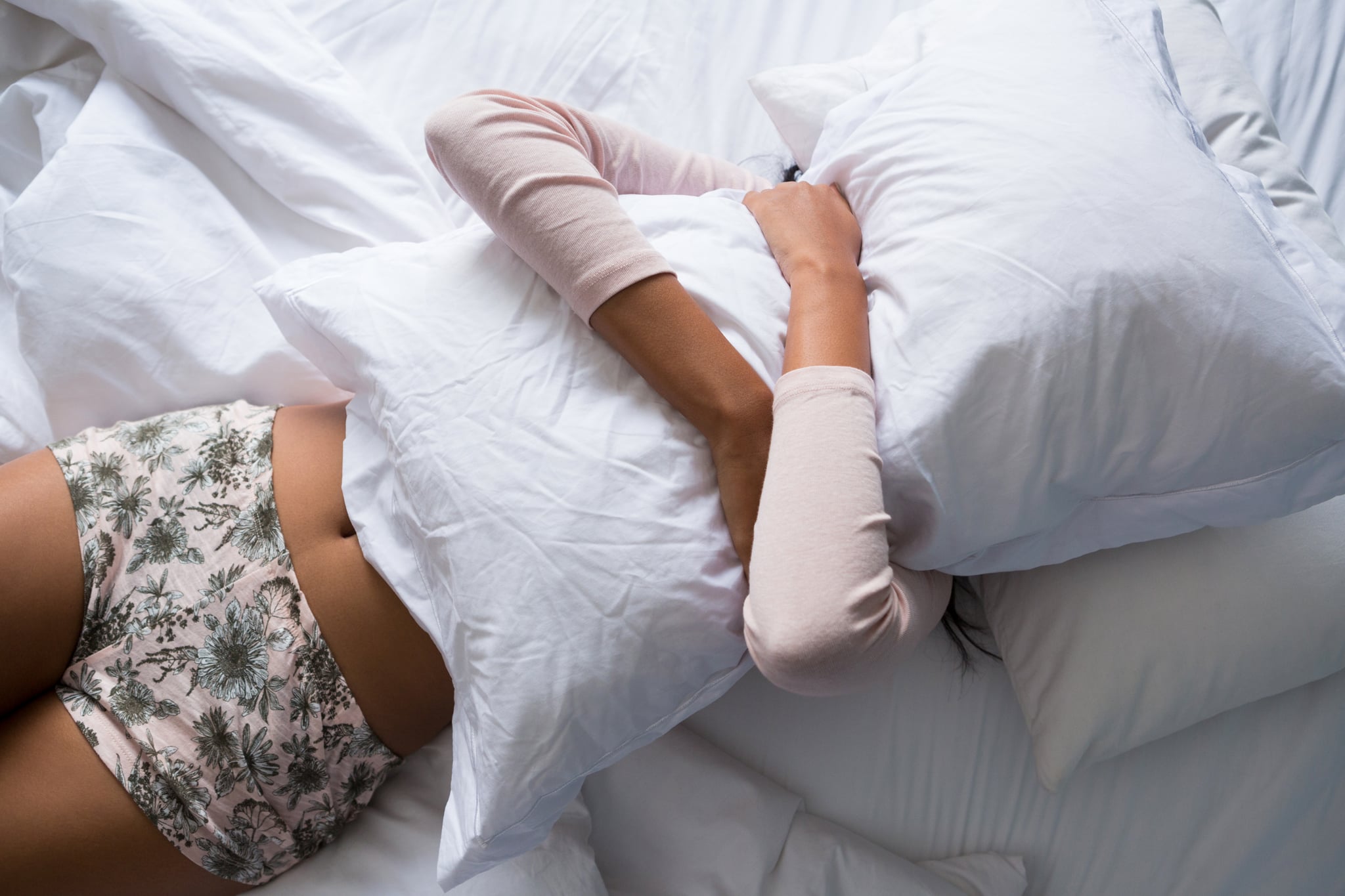
No one likes to think about how gross their pillow is, but it's a reality we all have to face after not washing our pillowcases for weeks at a time. Even if your pillow looks relatively clean, it's likely trapped a lot of dead skin cells that could lead to a breakout. Turns out, you should be washing your pillowcase often, like, really often — specifically, once a week. On top of that, it's best to use fragrance-free detergent to avoid any skin irritation.
Avoid Popping and Picking Your Skin
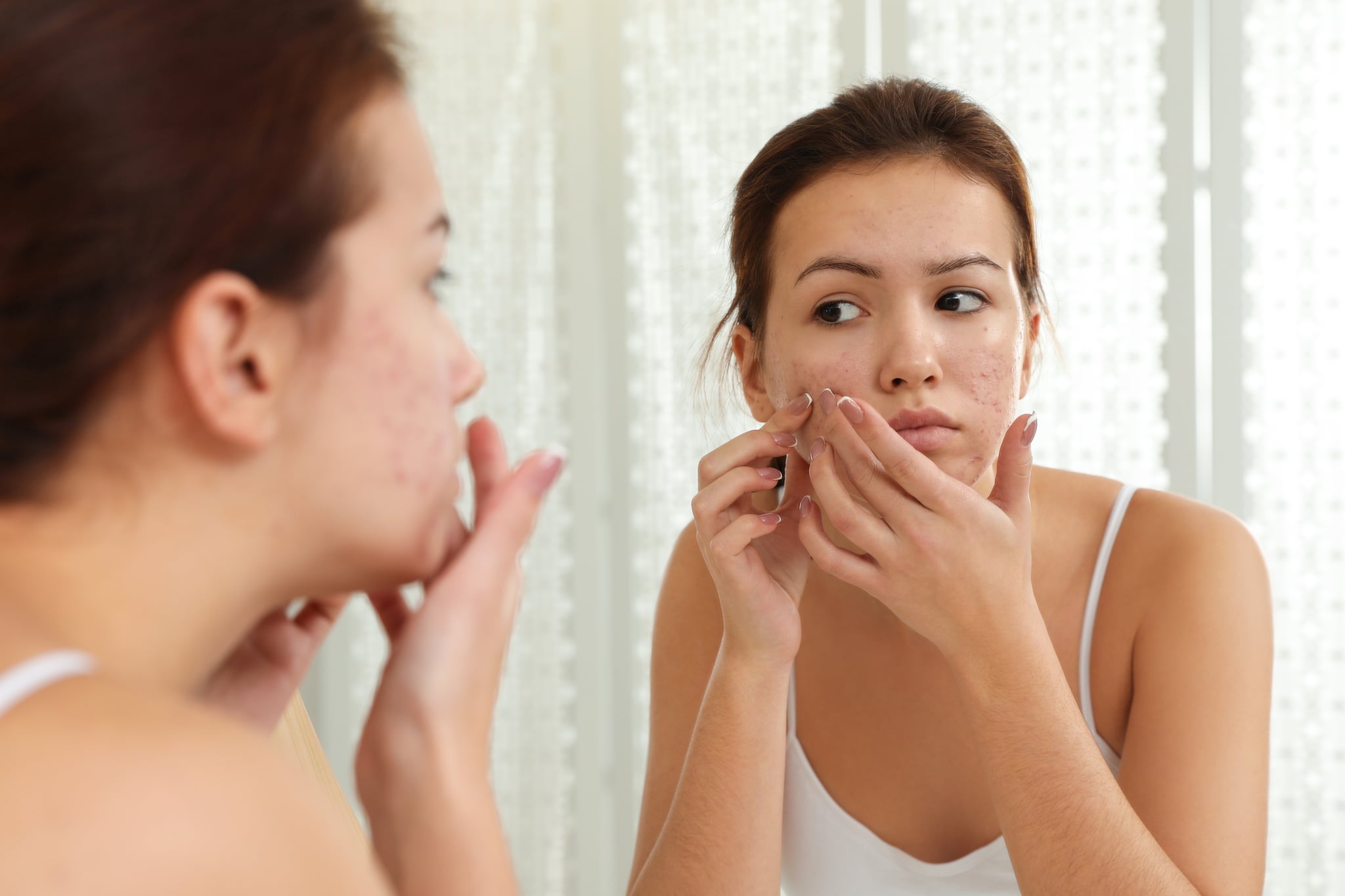
As tempting and taunting as most non-pickable spots are, it's always best to avoid extracting them yourself. When done correctly, all that bacteria and oil can be expertly extracted, so the spot can heal, but more often than not, you're making the spot worse. How? There's always the possibility of forcing the contents of that pore even deeper into the skin, causing even more acne to surface. Some alternative solutions may include applying a hot compress to the spot, using a spot treatment, or getting a professional extraction.
Consider a Prescription-Only Topical Treatment
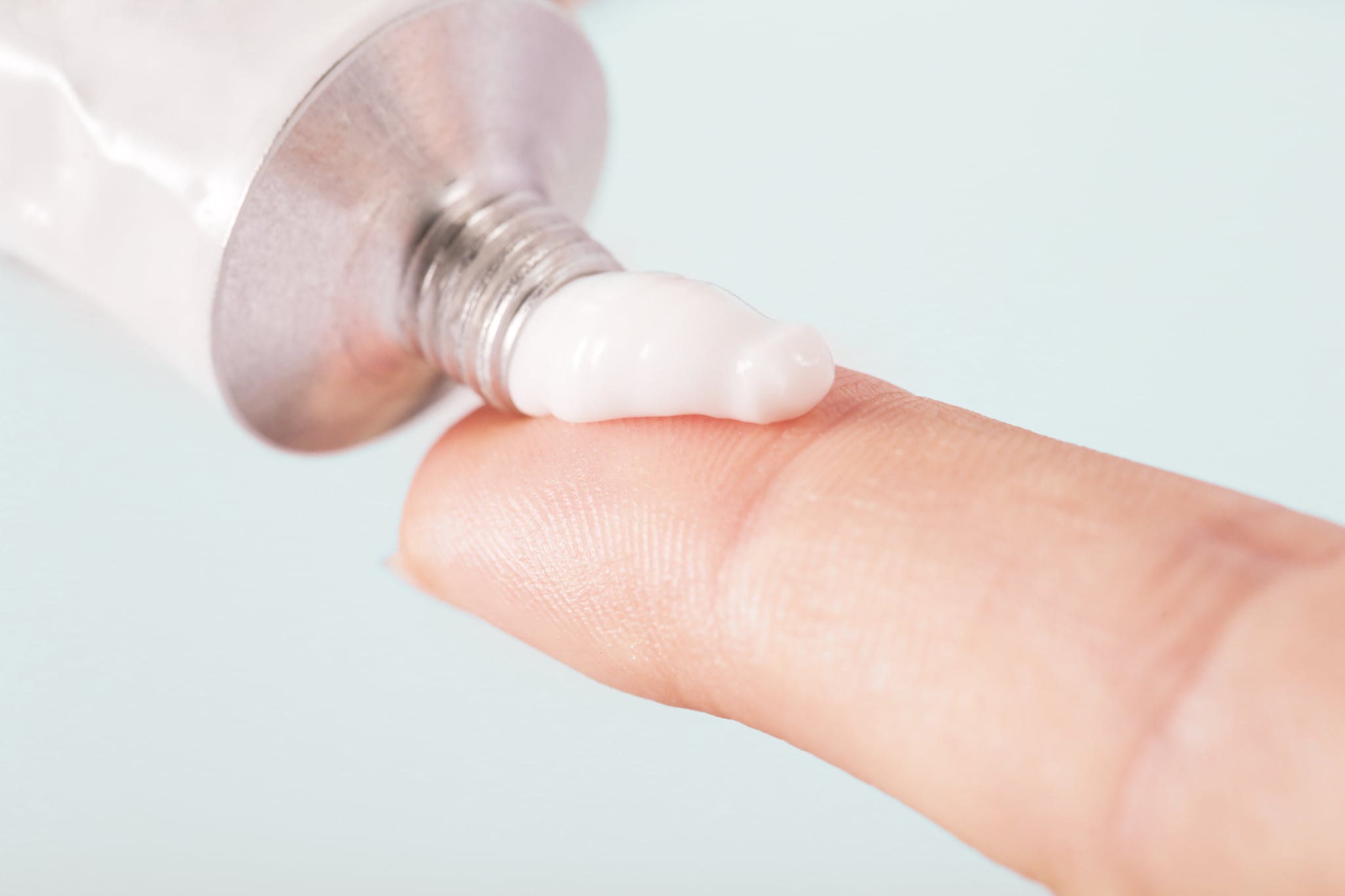
There is no one magical solution to acne; everyone has to find a routine that works for them. If you've hit the point where your over-the-counter products from the pharmacy no longer lend visible results, it may be time to consider using a prescription-only treatment for your mild or moderate acne concerns. Luckily, that doesn't necessarily require an appointment with your general practitioner (GP) to get access to. In fact, gaining access to a prescription medicine can be as simple as completing an online questionnaire on the Boots Acne Online Clinic. There, you can conveniently explore topical treatment options without having to leave the comfort of your home.
Prior to taking the questionnaire, you can learn about each of the four prescription-only options that utilise powerful ingredients from azelaic acid to benzoyl peroxide. It's also important to note that this questionnaire and your prescription will be reviewed by a Boots clinician before being filled. With consistent use of the prescription treatment provided by the online clinic, you're likely to see results within 12 weeks. (Charges apply.)
Maintain a Stress-Reducing Routine
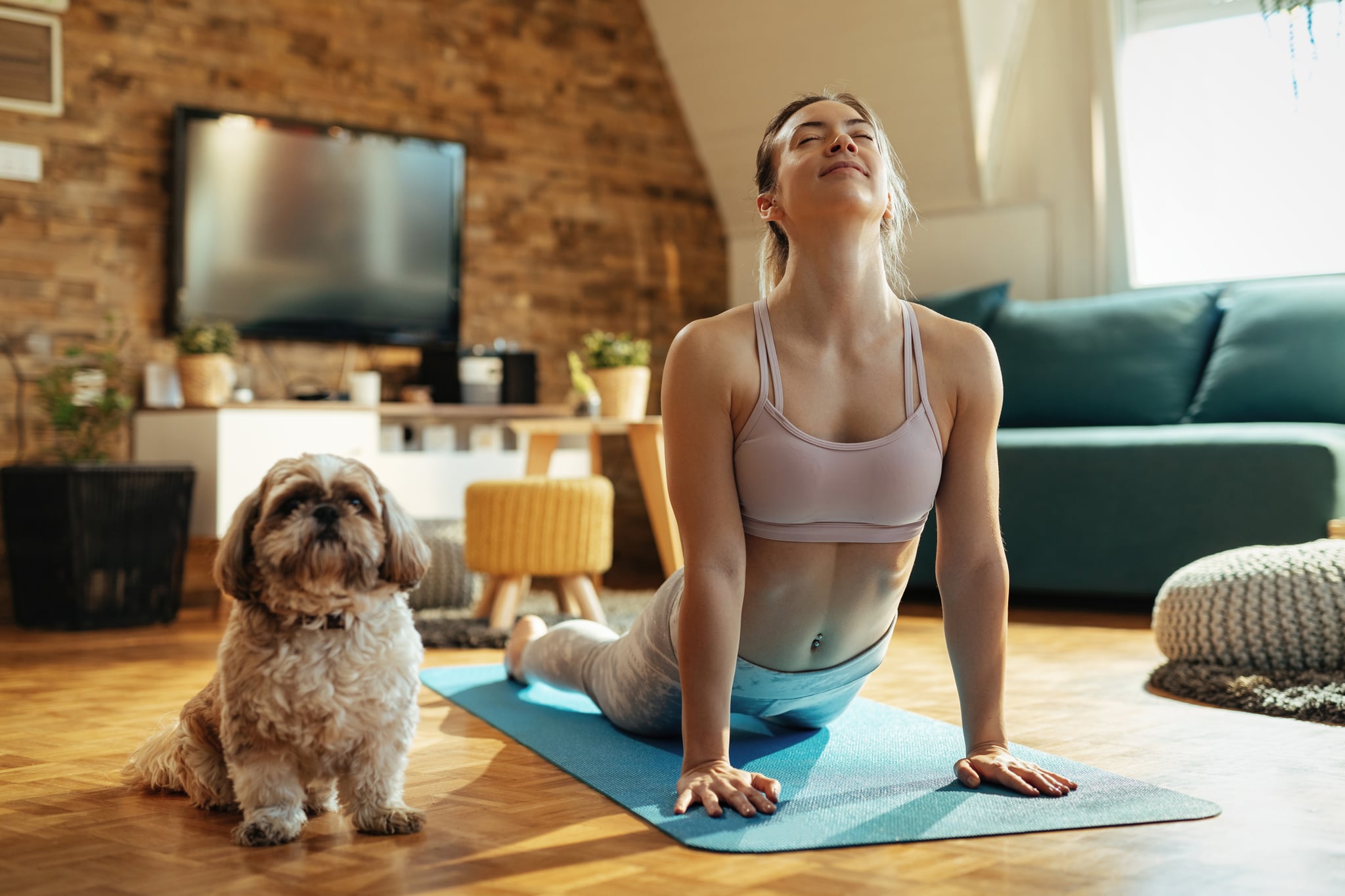
At least 74 percent of people have struggled with everyday stress in the past year. Turns out, those bothersome everyday stress levels can contribute to acne. Research has proven that when you're stressed, your body produces oil-stimulating hormones, which then lead to breakouts. Of course, keeping your everyday stress levels low is a difficult task to master, but incorporating stress-reducing activities into your daily routine, like yoga or meditation, may help maintain balance and manage breakouts.